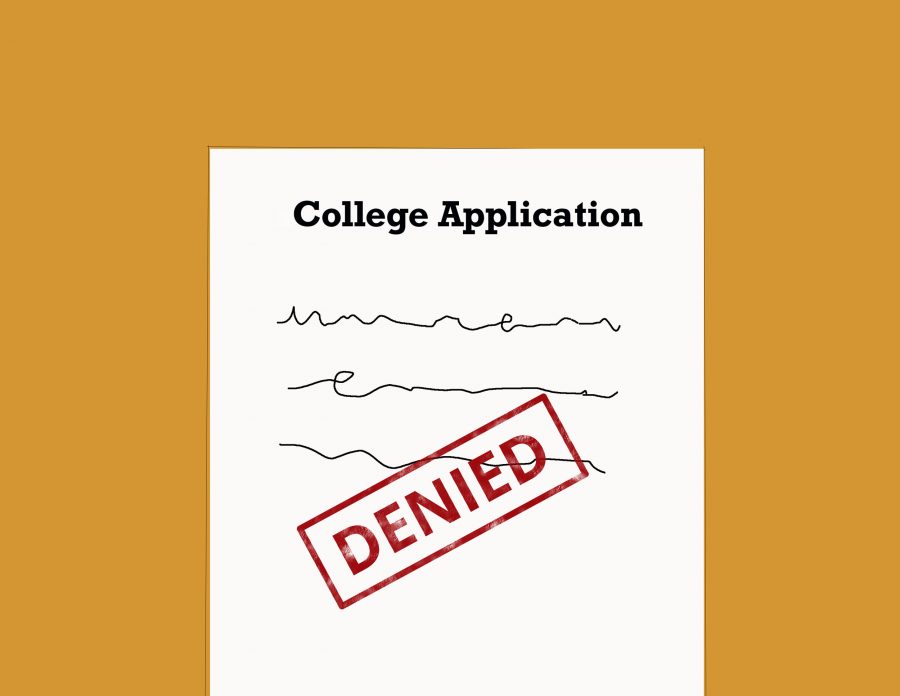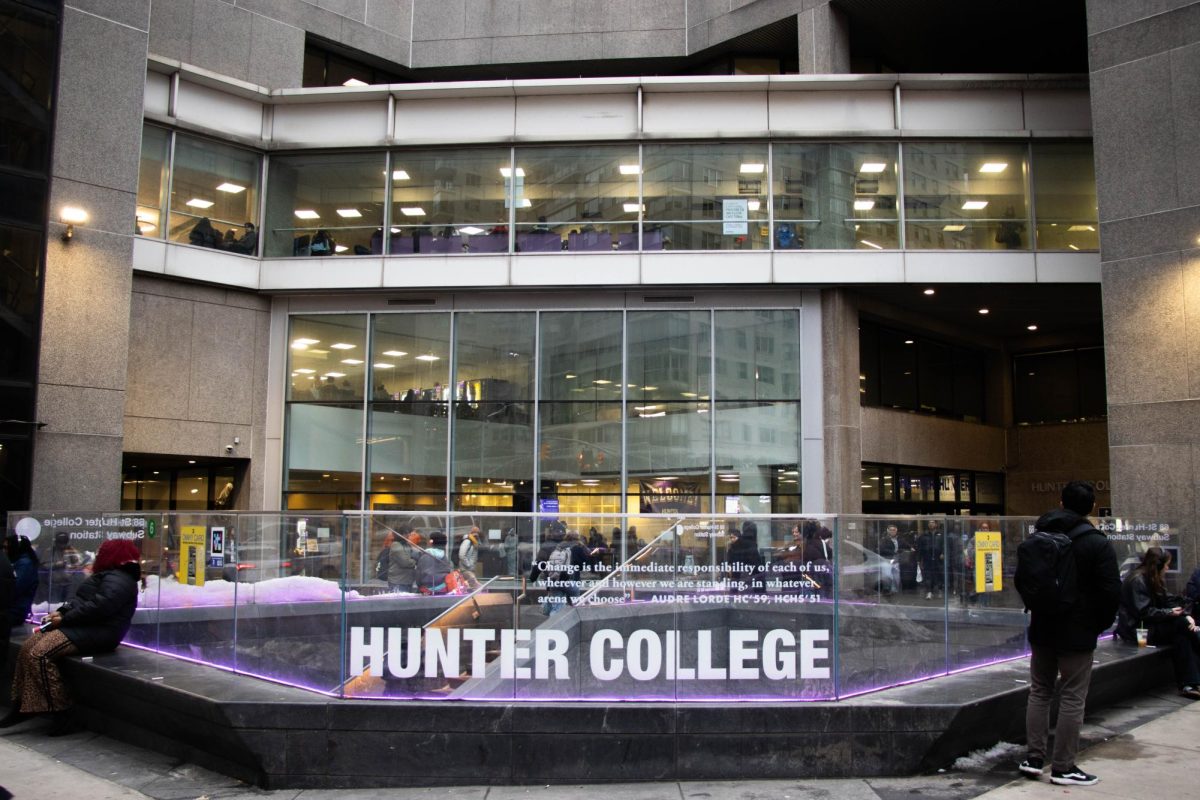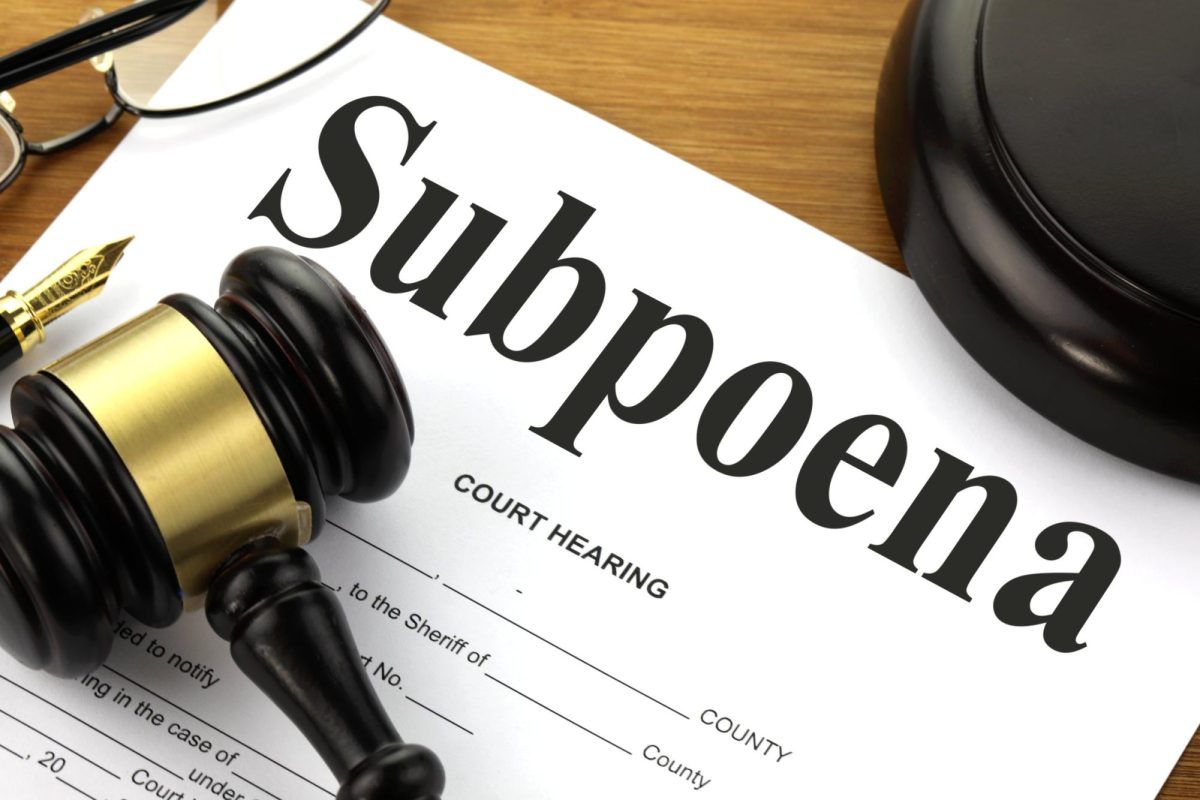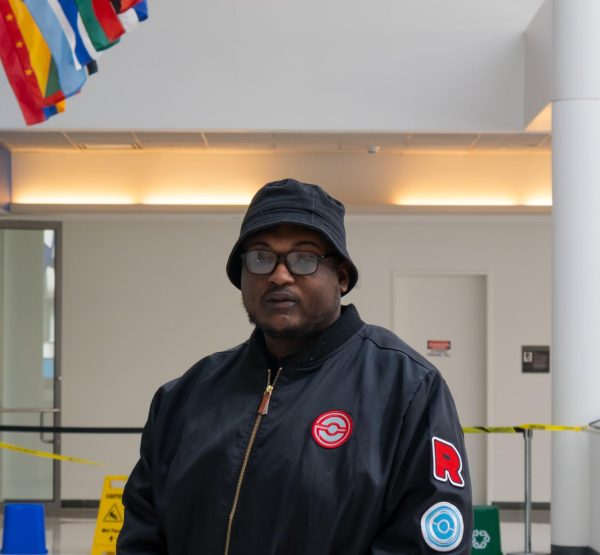In a day and age when some white people feel emboldened in their white supremacy, Black people and those that claim to be allies have a responsibility to expose racism.
Fighting against racism begins in colleges and universities, where young minds are still being molded.
The University of Tennessee asked Mimi Groves, an 18-year-old white high school student, to withdraw her application due to a released video of her saying an anti-Black racial slur three years prior.
Students like Groves can be forgiven for their actions, but consequences must follow to send the message that this type of behavior will not be tolerated.
The university made the right decision in rescinding her spot in their institution. Under no circumstances should anti-Black slurs or any slurs of minority groups ever be said, and universities can help by not accepting people like that to their institutions.
In situations like Groves’, the university must take students like Jimmy Galligan, the biracial student who exposed her, into account when making decisions like this.
Galligan, an 18-year-old who has a Black mother and white father, resides in Leeburgs, Virginia, a town that embodies its racial history in having been named after the ancestor of infamous confederate figure Robert E. Lee.
In addition, Galligan’s school system has also been in a legal battle to desegregate more than 10 years after the US. Supreme Court’s ruling on desegregation in schools.
Galligan said that the very slur that Groves was videoed saying was said on a regular day basis in classrooms and hallways.
“I wanted to get her where she would understand the severity of that word,” Galligan told The New York Times.
Outing Groves was completely justified. However, some say that shouldn’t just be the end of it. “When we no longer allow one another to learn and grow, we are in bad shape as a nation,” Ruth Ann Dailey wrote in The Pittsburgh Post-Gazette.
“When we no longer allow such evolution even in our children, we may be beyond hope.”
Dailey is right to a certain point. Groves was only 15-years-old when the video was made.
The current times are defined as “cancel culture,” where it seems that people in the public eye who make mistakes are met with a powerful backlash from public opinion, resulting in loss of job opportunities and other acylates.
But in incidents of racism, time for growth and teaching is an unacceptable argument in the digital age. Groves is now a young adult living in the social media era, and she should know the full scope of her actions.
Yes, Groves saying the anti-Black slur on video was years ago and she otherwise has no history of making racist remarks that the public is aware of, but the University of Tennessee, believes that she must face consequences for her actions and legally the university is entitled to make that decision.
If the video was never released, nothing would have happened, an assumption that even Galligan noted in his interview with The New York Times.
A person can make mistakes but when it comes to racism, society deems it as unacceptable. Youthful ignorance is certainly not an excuse.
Actions by universities must be taken to ensure that no student is exempt from facing punishment for their past racist actions. Whether they will be allowed to reapply or not, that is up to the school.









Harry Lee • Feb 8, 2021 at 10:28 pm
Leesburg was named after Harry „Light Horse“ Lee, a revolutionary war hero and Robert E Lee‘s father.
A simple google could have told you that.